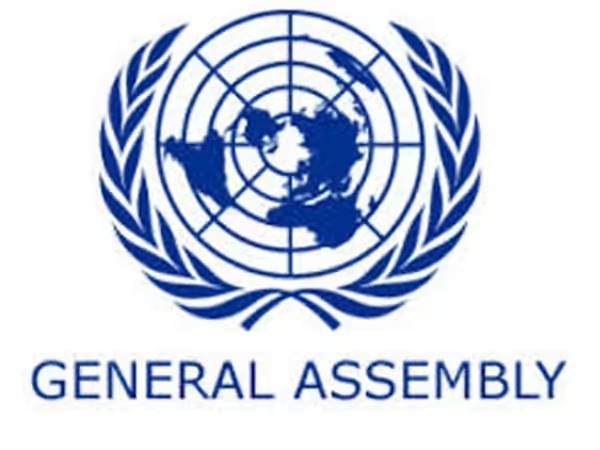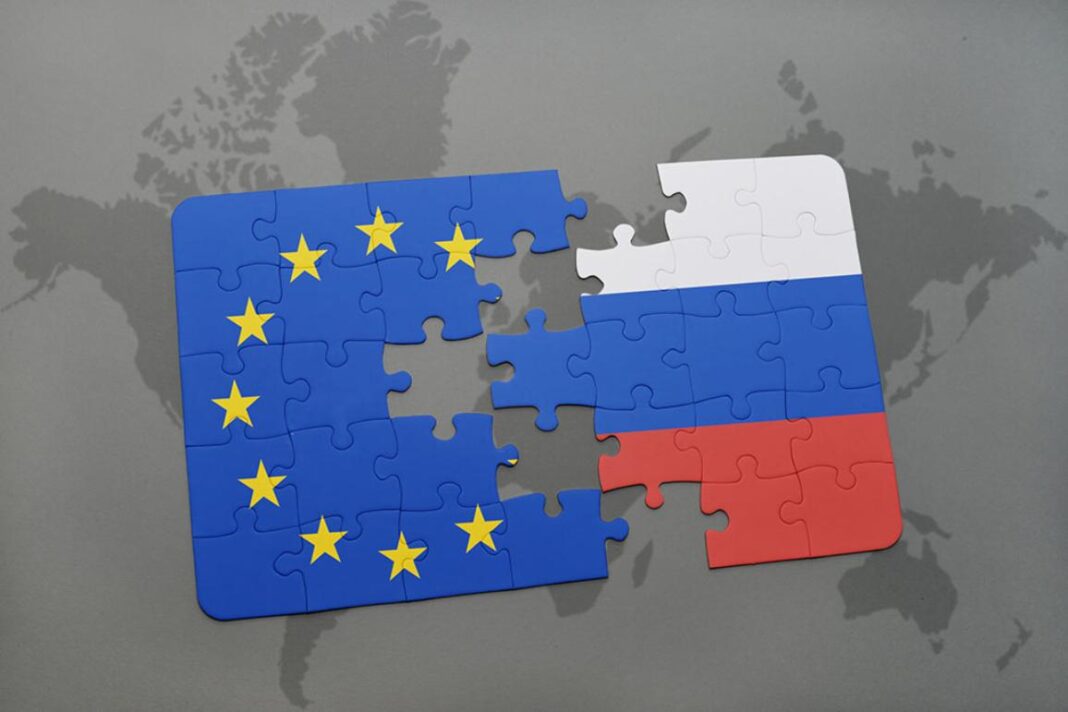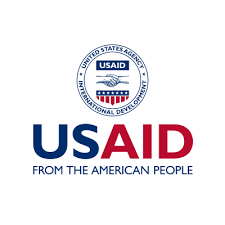The European Council today approved conclusions outlining the European Union’s priorities for the 79th session of the United Nations General Assembly, which will span from September 2024 to September 2025. The conclusions reaffirm the EU’s commitment to promoting multilateral solutions based on the UN Charter and back the UN Secretary-General’s comprehensive peace initiatives.
“The EU is resolute in its determination to promote peace in all its dimensions,” said a Council spokesperson, emphasizing the need for international cooperation to address global challenges.
In light of the severe, interconnected crises of climate change, biodiversity loss, and pollution, the EU aims to collaborate with global partners to accelerate a just and inclusive green transition. This commitment underscores the urgency of addressing these existential threats and their impact on global security.
“Our goal is to advance a global green transition that is fair and inclusive, ensuring no one is left behind,” remarked the spokesperson.
The EU’s agenda also highlights the importance of accelerating efforts to achieve the 2030 Agenda and the Sustainable Development Goals, with the upcoming Summit of the Future seen as a critical milestone for the multilateral system.
“We look forward to the Summit of the Future as a pivotal moment to reinforce our collective efforts towards sustainable development,” added the spokesperson.
The priorities guiding the EU’s actions at the UN in the coming year include:
Recommitting to the foundations of a rules-based international order
Supporting international peace and security
Advancing sustainable development and financing for development
Addressing the triple planetary crisis
Fostering trust through a more effective multilateral system
Moreover, the EU will advocate for the active involvement of an independent, rights-based, diverse civil society in multilateral processes, particularly in human rights forums, peace mediation, and decision-making processes.
“Strengthening the role of civil society in multilateral processes is essential for fostering inclusive and effective international cooperation,” the spokesperson stated.
 Donate
Donate



